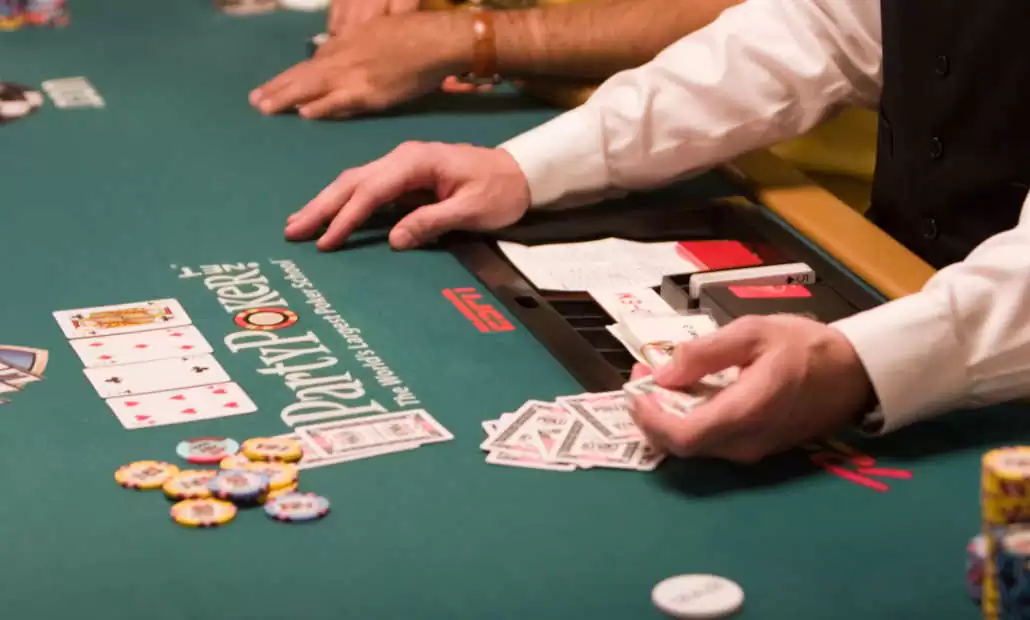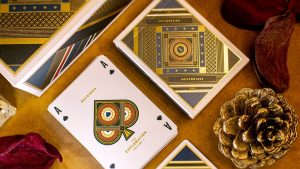
The Thrill of Casino Poker Tournaments – How to Win Big in Tournaments
Tournament poker is a form of competitive card play whereby participants pay an entry fee and begin with a set number of chips, competing until only one remains and receives the lion’s share of the prize pool.
Tournaments typically span several hours to several days and generally have rules in place to prevent them from lasting too long.
Game of chance
Tournament poker can be the utmost aspiration for many players, with life-altering amounts on the line. Unlike cash games, however, tournaments prohibit you from buying back into them once your chips have been depleted; thus making proper strategy even more essential in playing successfully.
Understanding your opponents in casino poker tournaments is the key to victory, from understanding their thinking processes and behavior, such as bet sizing to general mannerisms. Pay attention and notice these tells – they could give you a tremendous edge!
Additionally, it’s essential to mastering the late stages of a tournament as this is where most of its prize pool goes to top players. Doing this requires becoming more aggressive than during earlier stages by never letting your stack drop below 10 big blinds and playing looser before each flop.
Game of skill
Skill games require players to develop mental and physical expertise within their rules in order to play successfully, with these competitions often being regulated in different nations around the globe.
Tournaments offer players an entry fee and the chance to compete for a portion of the total prize pool, ending when one player collects all available poker chips in play – unlike cash games where money could be cashed in upon collection of all chips; blind levels increase frequently forcing players to make strategic moves or risk seeing their chip stack diminish rapidly.
Beginning tournament players typically start out with an integer multiple of their buy-in. Some tournaments offer re-buys, which allow players to buy additional chips during an event; these may be conditional (i.e. only available to low or out of chips players) or available to all (called add-ons). Rebuys don’t guarantee an increase in chances of victory;
Game of psychology
Watching how your opponents lay their chips down can tell a great deal about how they feel about their hand. For instance, looking away or relaxing may indicate they have a powerful one; on the other hand, nervous behavior or staring directly at you indicate they may have one with poor potential.
Tournament poker can be an unpredictable game with large swings in fortune. That’s why it’s essential to learn how to strategically utilize opponent weaknesses if you hope to succeed at tournament poker. World Series of Poker champion Annie Duke shares this psychological strategy in this video which can help you win more tournaments.
Guaranteed tournaments feature pre-determined prize pools but may not always attract as many participants as regular tournaments do. By understanding what a typical tournament pays out, knowing whether it’s worthwhile will help you make an informed decision whether to participate. Usually only 10% will make it to the money bubble – this provides your best opportunity for victory!
Game of bluffing
Bluffing is an integral component of poker and can help you secure big victories in tournaments. But be wary: bluffing is risky and should only be employed as part of an overall strategy – otherwise it may backfire against you and backfire on you if your opponents catch on to it quickly! For this reason, successful bluffers must balance aggressive and passive plays to keep their opponents guessing and keep them guessing!
Sizing bets correctly is key to successfully bluffing. Inexperienced players often make the mistake of betting too large on the river, costing themselves significant chips when smaller bets would have accomplished similar results. Furthermore, using identical sized bets each time may alert skilled opponents to your bluffs.
As early position and the button are often taken by players with strong hands, attempting to bluff from these spots may result in your attempt being called. Instead, try bluffing when there are only a few players left acting behind you – this will put pressure on opponents to fold to your bluffs more likely.


